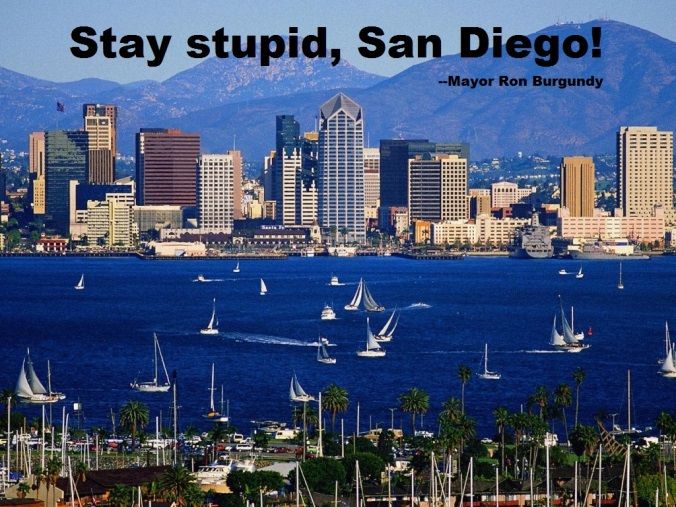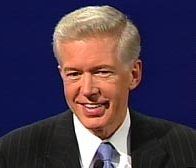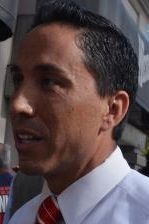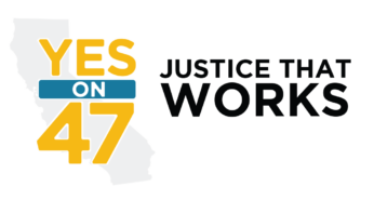Welfare, housing: Clinton pragmatism still ignored by CA’s dim paleo Dems

 In the late 1980s, after three straight Republican presidential wins in which GOP candidates won 133 of 150 states, the Democratic Leadership Council seized prominence in Democratic policy circles with its centrist reform agenda.
In the late 1980s, after three straight Republican presidential wins in which GOP candidates won 133 of 150 states, the Democratic Leadership Council seized prominence in Democratic policy circles with its centrist reform agenda.
Founded in 1985 by strategist Al From, the DLC thought the bad image of liberalism in the 1980s was well-earned. From’s goal was results-based government activism that understood incentives drove behavior.
Rule No. 1 was that throwing money at problems didn’t have a great history after a quarter-century of Great Society domestic liberalism. If this wasn’t working to solve a problem, try another approach.
Rule No. 2 was to accept the idea that government-centric efforts to address societal issues were not always best — that even Americans who weren’t Reaganites had a skepticism about what government could accomplish, and for good reason.
The DLC approach — touted by such folks as Arkansas Gov. Bill Clinton, Baltimore Mayor Kurt Schmoke, Massachusetts Sen. Paul Tsongas, Georgia Sen. Sam Nunn and the then-very-powerful New Republic magazine — eventually got a tryout when Clinton was elected president in 1992 after an amazing Democratic primary without a single serious liberal candidate.
Clinton had his hard-left moments. But after 1994, he “triangulated” against liberal lawmakers over and over again, including going along with sweeping GOP welfare reform in 1996. And Clinton never gets nearly enough credit from non-wonks for how he successfully tinkered with the Earned Income Tax Credit in a way that helped the working poor without disincentivizing work.
The DLC way never made it to California
 But in California, the pragmatic DLC approach has no such substantive record. Its principles won lip service from Gov. Gray Davis briefly after his 1998 election when he fought for education reforms. But then Davis lost his spine and sold his soul with a series of concessions to public employee unions, and since then the DLC theories that results matter most and that throwing money at problems isn’t always smart have been abandoned by nearly all elected California Democrats.
But in California, the pragmatic DLC approach has no such substantive record. Its principles won lip service from Gov. Gray Davis briefly after his 1998 election when he fought for education reforms. But then Davis lost his spine and sold his soul with a series of concessions to public employee unions, and since then the DLC theories that results matter most and that throwing money at problems isn’t always smart have been abandoned by nearly all elected California Democrats.
If we have parsimonious budgets, it’s because state legislators don’t have money to spare; it’s not because they don’t still want to throw money at problems and ignore history.
This dynamic has played out in education, where Clintonian programs to force teachers to meet standards have gone nowhere.
It’s also evident on welfare reform. As Chuck Devore has chronicled, California never got around to implementing the sort of tough, mandatory welfare changes that in most of America proved to be the greatest anti-poverty program in U.S. history.
And as we’re seeing now in San Diego, the DLC approach on affordable housing — which would value results first and foremost — is considered bizarre and exotic.
Failed policy? Let’s pump it full of new funds
 I dealt with the insanity of what the San Diego City Council’s Democratic majority is doing in an editorial Sunday on the six months that Council President Todd Gloria served as interim mayor:
I dealt with the insanity of what the San Diego City Council’s Democratic majority is doing in an editorial Sunday on the six months that Council President Todd Gloria served as interim mayor:
“During his time as mayor, he provided the fifth vote on the City Council for a gigantic public policy mistake.
“That mistake was to sharply increase the ‘linkage’ fees on commercial and industrial development projects in the name of promoting affordable housing. If the program that council Democrats were funding had a history of working well, that’s one thing. But it doesn’t. It has a 24-year history of minimal results at high cost.
“Doubling-down on an approach that isn’t working is in keeping with the Golden State’s obtuse history on affordable housing. As the Public Policy Institute of California noted in 2003, local governments have a history of focusing on process — adopting programs that show their good intentions — instead of results.”
This is insane. In this “Moneyball” era — in which statistical analysis is able to readily quantify what works and what doesn’t work — the second-largest city in California and the eighth-largest city in America has embraced a failed policy in a way that will hurt the city’s economy in direct and obvious ways.
Is Ron Burgundy running City Hall? Stay stupid, San Diego.
Related Articles
4 or more tax measures likely on crowded fall ballot
With low state turnout in the 2014 election making it much easier than normal to qualify a ballot measure for
Kotkin: Economy shifting to U.S. South
Feb. 1, 2013 By John Seiler In another incisive article, Joel Kotkin writes how economic power in America is shifting
Why Prop. 47 fiscal critique may hurt Brown’s Prop. 57 push
Proposition 47 — the 2014 state ballot measure recategorizing many felonies as misdemeanors — has already faced heavy criticism. Prosecutors




